We are one, our cause is one, and we must help each other; if we are to succeed
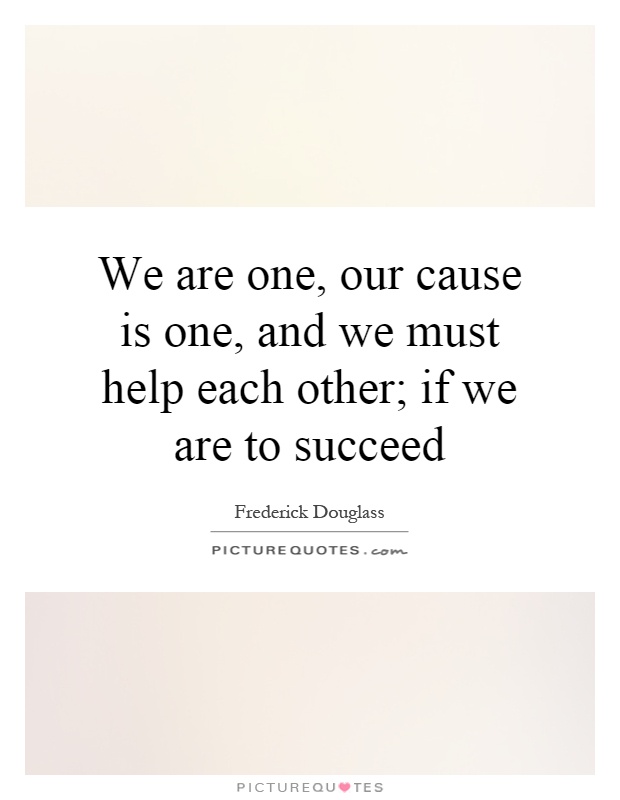
We are one, our cause is one, and we must help each other; if we are to succeed
Frederick Douglass, a prominent African American abolitionist and social reformer, understood the power of unity and collaboration in the fight for justice and equality. His famous quote, "We are one, our cause is one, and we must help each other; if we are to succeed," encapsulates his belief in the importance of solidarity and mutual support in achieving common goals.Born into slavery in Maryland in the early 19th century, Douglass experienced firsthand the brutal realities of oppression and discrimination. Despite facing unimaginable hardships, he never lost hope or gave up on his quest for freedom and equality. Through his powerful speeches, writings, and activism, Douglass became a leading voice in the abolitionist movement, advocating for the end of slavery and the full rights and freedoms of African Americans.
Douglass understood that the fight for justice was not an individual endeavor but a collective struggle that required unity and cooperation. He believed that by coming together and supporting one another, marginalized communities could amplify their voices and effect real change. In his famous speech, "What to the Slave is the Fourth of July?" Douglass eloquently articulated the interconnectedness of all people and the need to stand in solidarity against injustice.
Douglass's words continue to resonate today, reminding us of the power of unity in the face of adversity. In a world plagued by division and inequality, his message serves as a powerful call to action for all those who seek a more just and equitable society. By recognizing our shared humanity and working together towards a common goal, we can overcome the barriers that divide us and create a more inclusive and compassionate world for all.
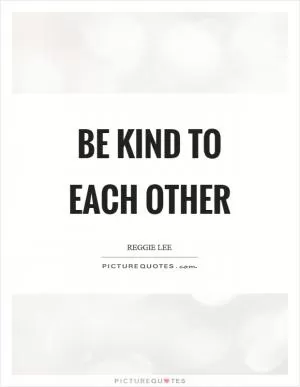
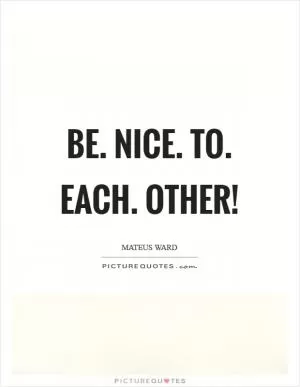
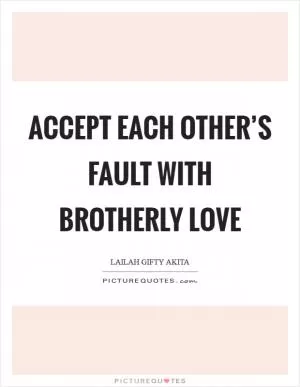

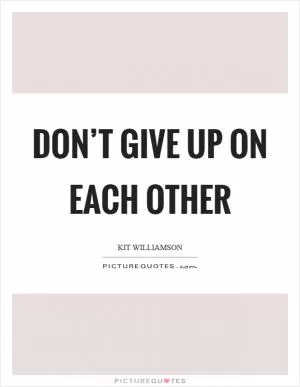

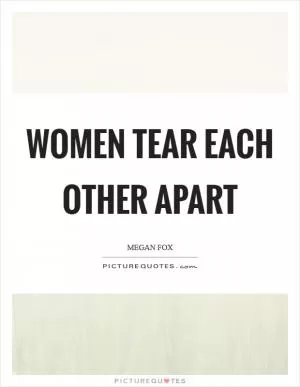
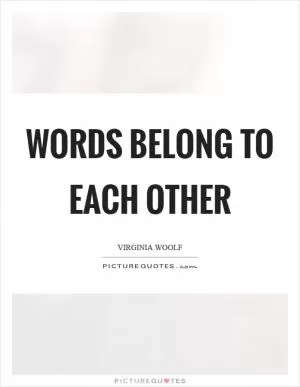

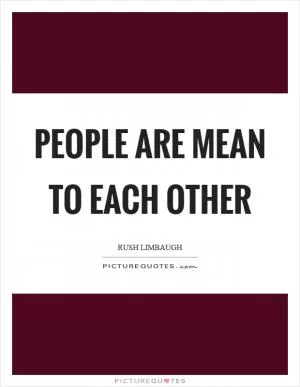
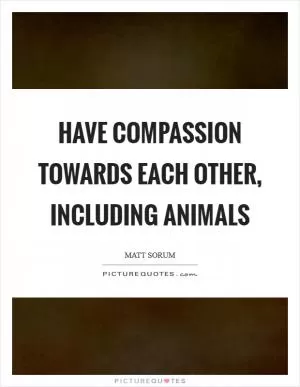
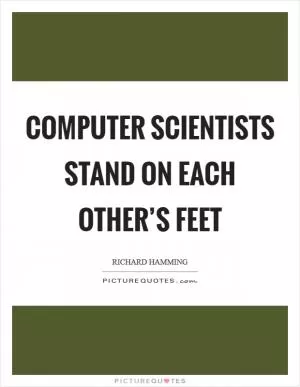
 Friendship Quotes
Friendship Quotes Love Quotes
Love Quotes Life Quotes
Life Quotes Funny Quotes
Funny Quotes Motivational Quotes
Motivational Quotes Inspirational Quotes
Inspirational Quotes